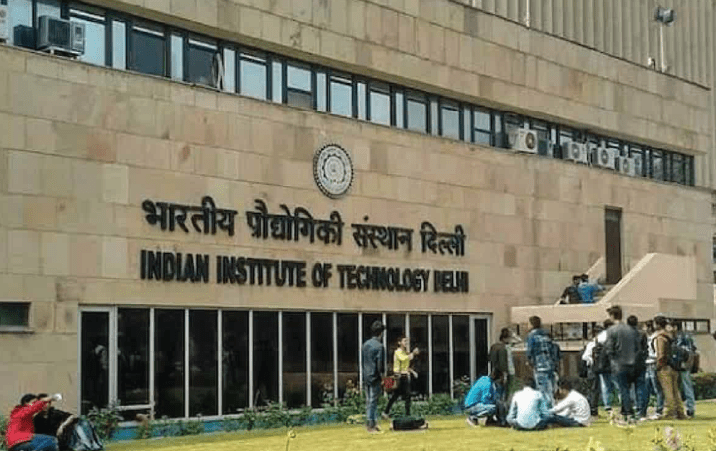A 16-member committee of the Union government has recommended a “specific and immediate actions” plan for ministries of education and external affairs, Indian missions abroad, and ‘mentor higher education institutions’ for setting up offshore campuses of Indian institutions.
“Mentor higher education institutions” or Mentor HEIs refer to higher educational institutions in another country that will help an Indian institute set up its campus there. The plan, which includes selection of location and Mentor HEIs at each location, arrangement of funds and identification of mentor teachers, has already been shared with Indian Institutes of Technology (IITs), Indian Institutes of Science Education and Research (IISERs), Indian Institute of Science (IISc), and Indian missions abroad, officials at these institutes confirmed.
HT on July 28 had reported that the panel – headed by chairman of standing committee of IIT council, K Radhakrishnan – has already submitted its draft report, strongly pitching for setting up of IITs-like residential campuses abroad. According to a document shared with the institutions mentioned above, and a copy of which HT has seen, the action plan is divided into five parts – section of location and Mentor HEI, selection of campus sites, and academic programmes, recruitment of faculty and staff, outreach, and mobilisation of the seed fund.
As a first step, the ministries of education and external affairs have been tasked to identify countries for the initial batch of offshore campuses and prospective partners in host countries. The education ministry will act as the nodal agency for identifying the mentor HEIs in the selected countries.
Several IITs have already expressed their interest in setting up campuses abroad. While IIT-Delhi has already started consultations with the department of education and knowledge in Abu Dhabi, after the government asked it to explore the possibility of setting a campus in the UAE, officials at IIT-Bombay earlier said they will swing into action once the ministry assigns them a country.
Officials in the education ministry said some other locations, including Qatar, Malaysia and Thailand, are also under consideration. The second step, according to the document, will be identification of campus location by the Indian mission and the mentor HEI in respective countries. A local agency will be selected to identify the site, oversee infrastructural development, accreditation, and put the administrative machinery in place. Besides, they will also identify a temporary place/host campus to start the institute.
The mentor HEI will also be required to plan for common infrastructure such as “classroom, administrative block, faculty office, library, computer center, hostel, faculty housing, and guest house”. The panel has proposed two types of models of institutions: offshore campuses of individual HEls in host country or collaboration between individual or group of HEls with a reputed host university abroad.
For faculty recruitment, the committee has tasked the ministries of education and external affairs to interact with local governments and understand their norms for appointing the first Board of Governors (BoGs) and President of the institute. The mentor institution in the respective country will be responsible for defining the pay scale, service conditions of faculty and staff, and establishing a faculty recruitment cell for appointing the first set of faculty members in the new institute.
Besides, the mentor institutions will also be responsible for “selecting a group of mentors for the new institute as per the chosen disciplines”, according to the document.
For outreach, mentor HEIs will take steps to create awareness. “Prepare promotional material and advertise in social and print media about the opening of the new institute so as to make prospective students aware of this option,” the document said. The MEA will facilitate visa processes for short and long term work in India for students, it added. Meanwhile, the mentor HEIs, in consultation with the host governments and ministry of education in India, will make arrangements for seed funds.
“The offshore campus should be configured such that these do not cause financial burden on the Indian university. This means a substantial investment by the government of the host country (or of the Indian government), decent level of tuition fees, philanthropic funds, and prudent financial management (are needed),” the document stated. It also said the Indian institutes in India should expect a reasonable amount of royalty, between 10-15% of the overall expenditure of the offshore campus, out of such a campus.
The panel comprises directors of seven IITs — Mumbai, Delhi, Kharagpur, Madras, Kanpur, Guwahati, and Dhanbad — vice chancellors (VCs) of four central universities, and director of IISc, Bengaluru, among others. A senior official in the education ministry, requesting anonymity, said the proposed action plan has been shared with the concerned stakeholders. “The ministry has already started working to realise what has been envisaged in the National Education Policy 2020,” the official said.
Courtesy : Hindustan Times








